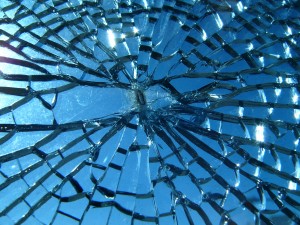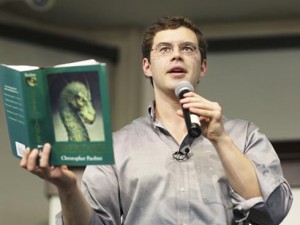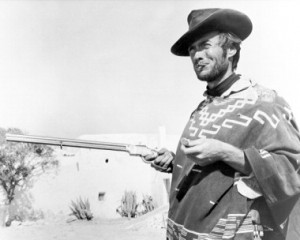Step 2 – Came to believe that a power greater than ourselves could restore us to sanity.
So we’ve spent weeks talking about step one, which is all about despair and being broken. I’m powerless and my life is unmanageable. I can’t do it alone. I need help.
 Cool. Now, the despair drives us out of the smelly basement of our misery and up into the kitchen of hope. Kitchens are hopeful places, yeah? That’s why everyone gathers there during parties.
Cool. Now, the despair drives us out of the smelly basement of our misery and up into the kitchen of hope. Kitchens are hopeful places, yeah? That’s why everyone gathers there during parties.
Step two is all about hope. We came to believe that “something” could fix us. I ain’t gonna talk about God. Okay, maybe I will a little.
A little God. Just a little pinch between your soul and mind, or cheek and gum, or something. God as chewin’ tobacco. Yeah. I can dig it.
Notice how this step says a power greater than ourselves. For some, that is gonna be the full-on trinity: Father, Son, and Paraclete (not parakeet, you slackers, look it up). For others, it might be the other trinity, Brahma, Vishnu, and Shiva. For others, the other other trinity, their editor, agent, and critique group. But the idea is this: we can find help and comfort if we search for it.
I blogged recently about the idea that God can be used as a tool to help us break out of our small thinking and embrace a more creative, unknown path. The “God Idea” can give us thoughts or ideas that we might not have had unless we sought sources of strength and inspiration outside of ourselves.
Step two is about finding the courage and hope that we can be better, that we can be restored to sanity. But what is sanity? What does a sane writer look like?
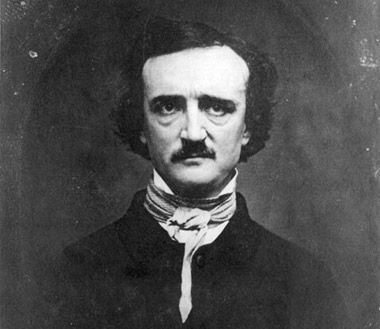 Everyone is gonna define sanity a little differently, and every writer is going to be sane in a different way.
Everyone is gonna define sanity a little differently, and every writer is going to be sane in a different way.
I’ll tell you what I think a sane writer looks like. A sane writer writes consistently. If I didn’t have to battle my own demons every time before I wrote, I would write every day. If there wasn’t all this drama, I wouldn’t have fantasies of the perfect time to write, and I would write when I could. Might be fifteen minutes. Might be hours on end. But I would be writing consistently.
And a sane writer puts the work first. It’s not about the fame, the money, the glory, it’s about creating quality pages. Not a lot of drama. Not a lot of gnashing teeth in the darkness. Simple work. One of my many issues is that I put my ego first. What if I suck? Who am I to think I can do this? Other people are more talented. And then all of that negative thinking freezes me up solid. Writercicle. Not very chocolatey.
No, sane writers put the work first. Even those getting paid. The work comes before food, or the food never comes.
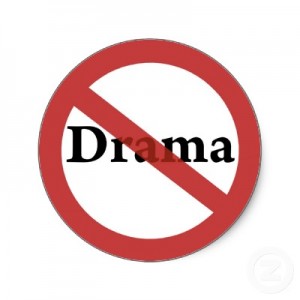 Sane writers say no to drama. My critique group is full of published writers, and when I go there with my drama, they look at me curiously. They scratch their heads. They poke. They prod. How very interesting. Who is this angsty writer in our midst? They don’t quite get me because they don’t have a lot of drama. They know the game is hard. They know it because they’ve lived it. And drama doesn’t help that. Doesn’t make it easier. Drama just wastes a lot of energy.
Sane writers say no to drama. My critique group is full of published writers, and when I go there with my drama, they look at me curiously. They scratch their heads. They poke. They prod. How very interesting. Who is this angsty writer in our midst? They don’t quite get me because they don’t have a lot of drama. They know the game is hard. They know it because they’ve lived it. And drama doesn’t help that. Doesn’t make it easier. Drama just wastes a lot of energy.
Sane writers aren’t afraid of revision. The game is to write a rough draft, and then revise. Revision isn’t a big deal. Even big revisions. It doesn’t mean they suck, or should give up, or they aren’t brilliant. Harper Lee worked for years with agents and editors on To Kill a Mockingbird. So, revision? Not a big deal!
Sane writers are always working on something. They don’t write books, send off query letters, and then start watching lots of T.V. Nope. I talked with a successful children’s book writer and he said, “Always have something in the mail.” Always being querying and looking for publishers even as you work on your newest project. Sane writers do that.
Sane writers love writing. They might not always like it, but deep down, they love it, which probably makes them insane.
So this is my ideal, but I think every writer has to map out for themselves, what does a sane writer look like? What is my ideal self?
Next week, I have an exercise that helped me map this out a little more. More on Step Two next Tuesday, my lovelies!

